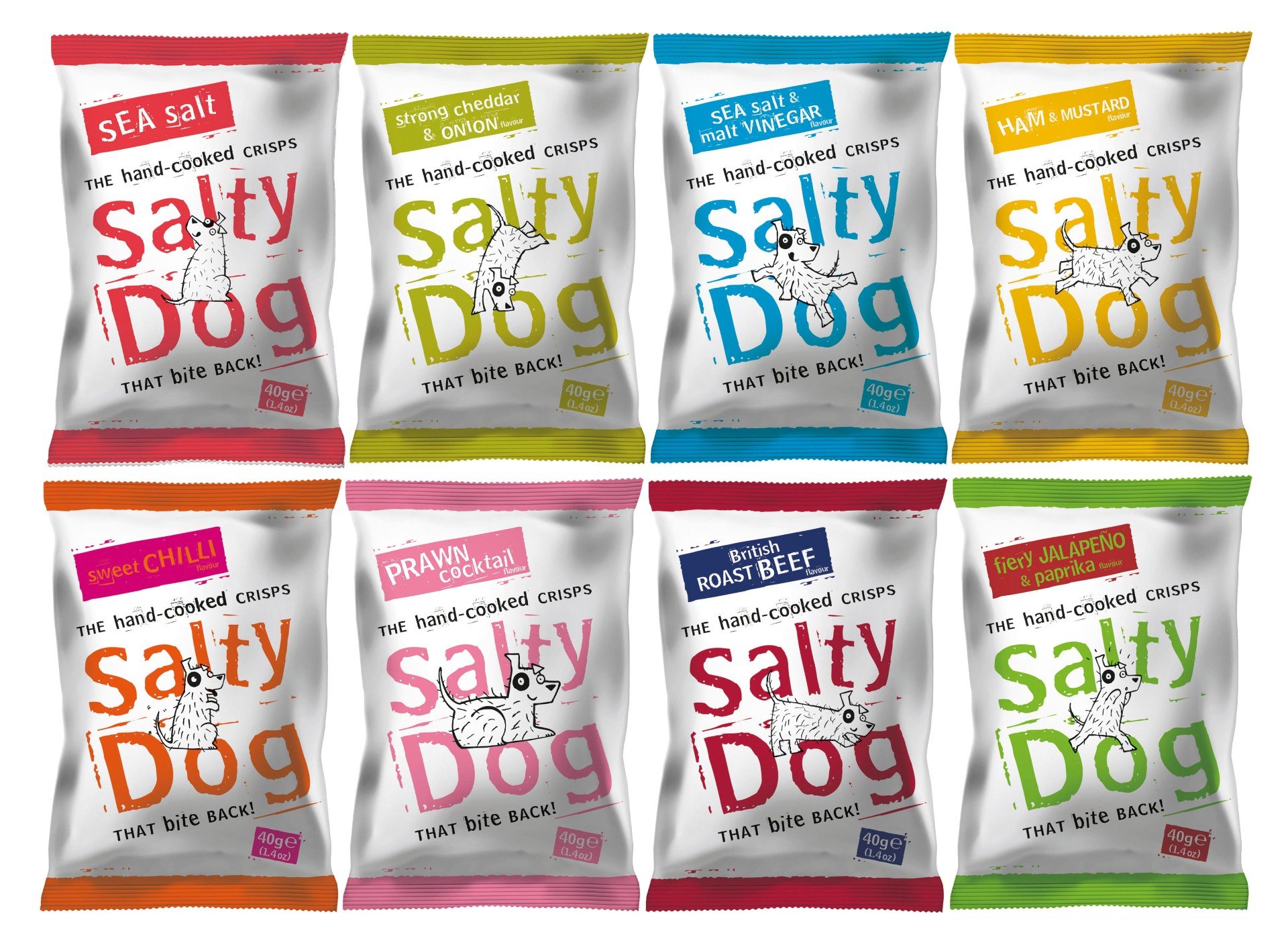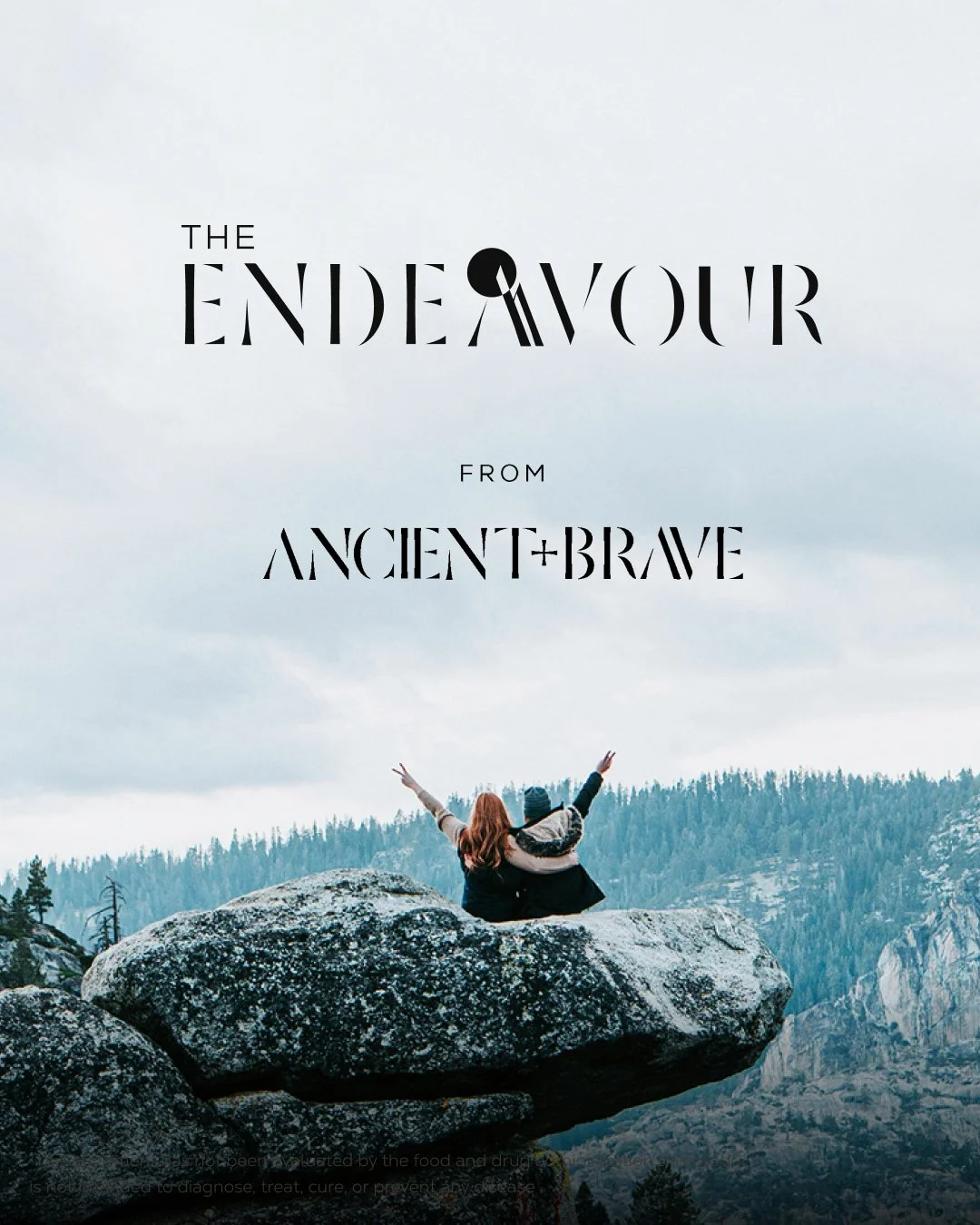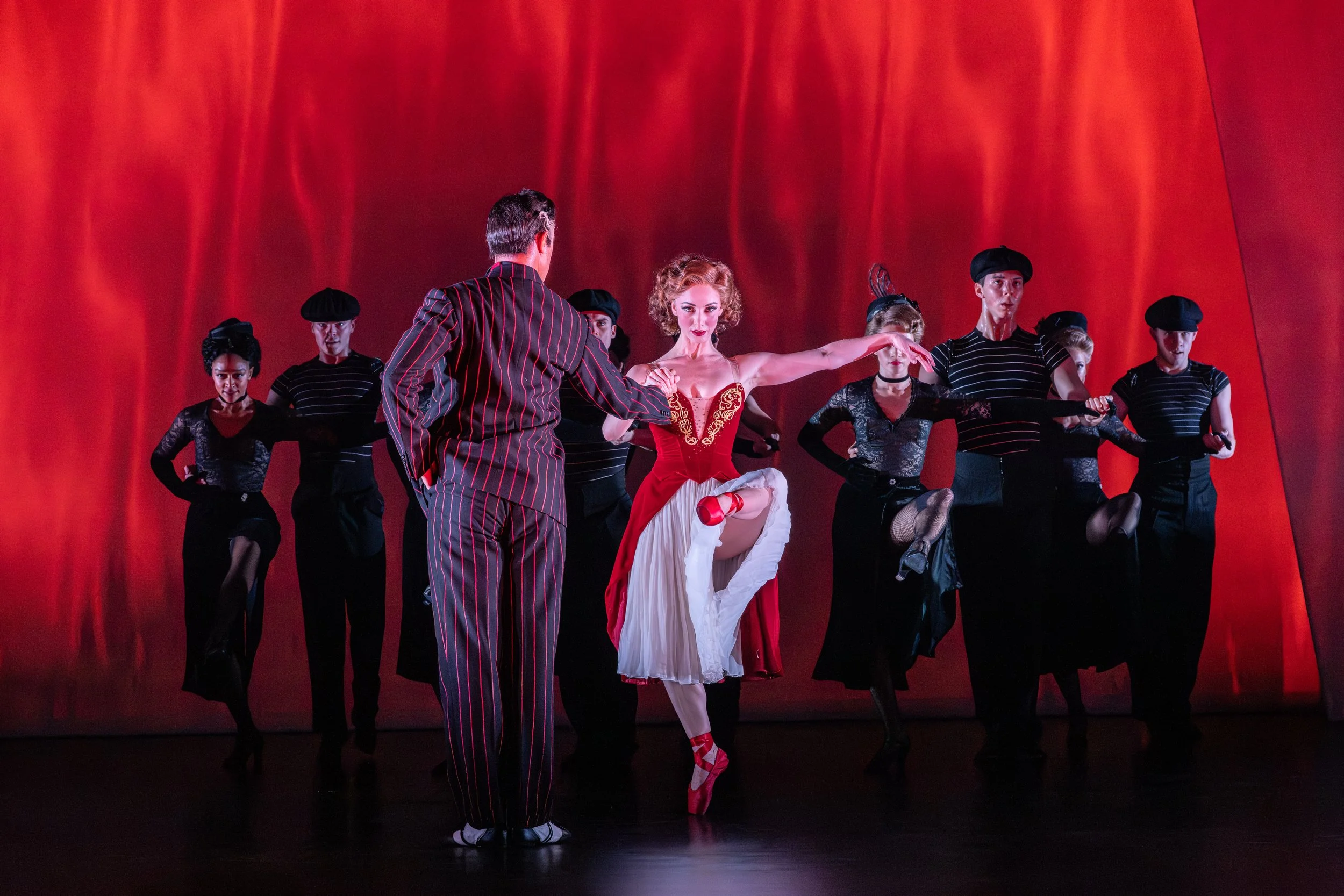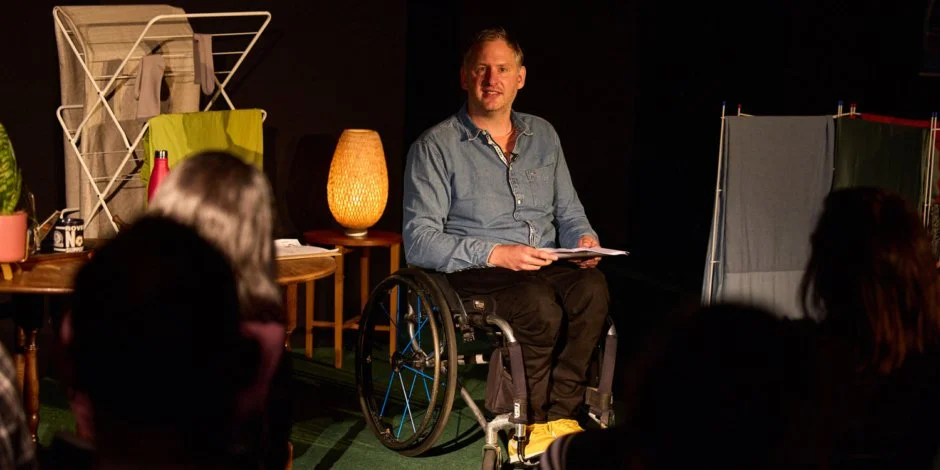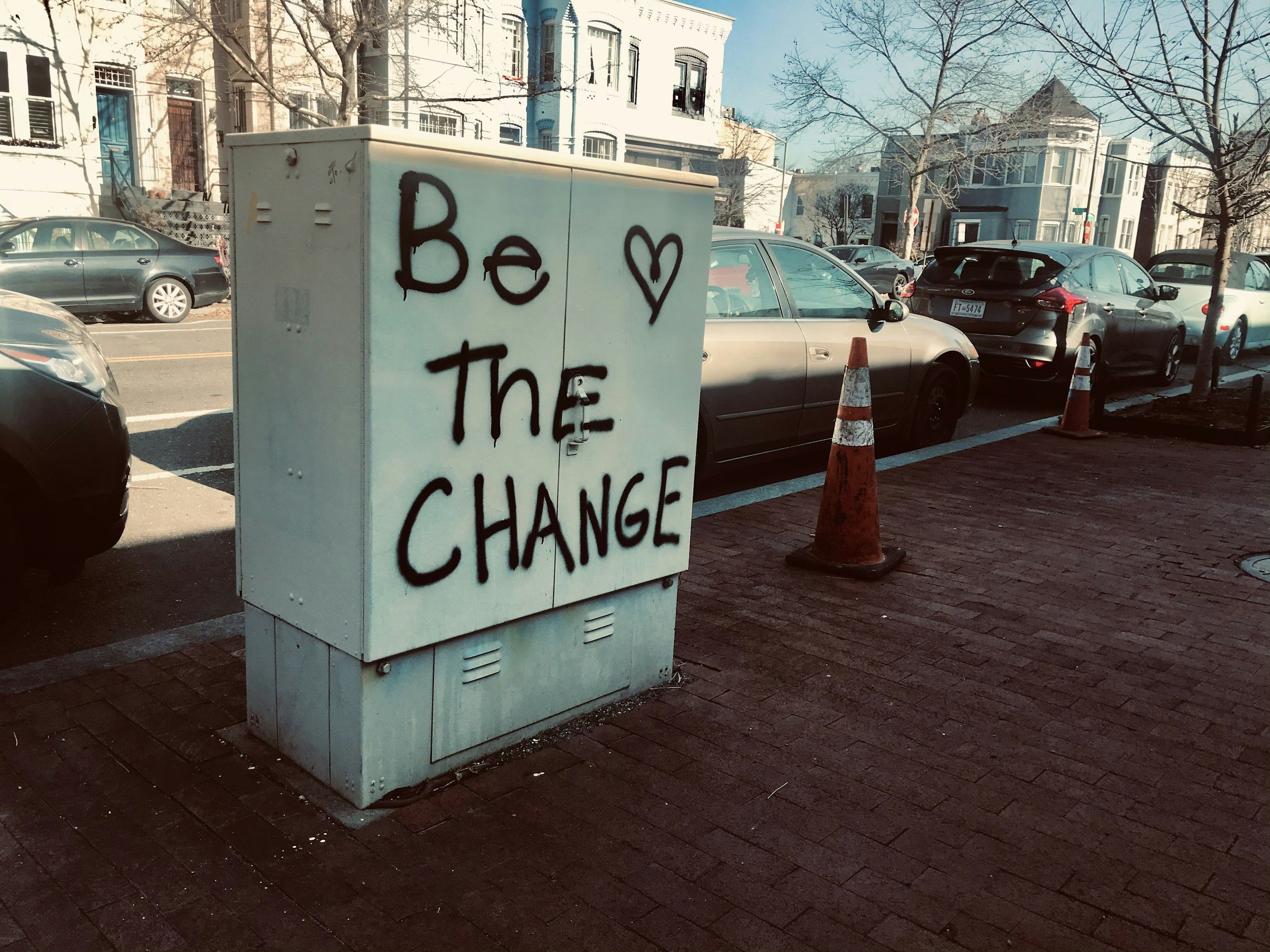Revival Founder and @ThriftQueenLola talks Sustainable Fashion
When I started this series on slow and sustainable fashion, Rosette Ale was top of my list of people to speak to. Not only is her influencer profile a stylish collection of second hand finds but as founder of sustainable brand, Revival, she’s really using her knowledge to allow others to dress stylishly and sustainability.
Rosette describes Revival as “making slow fashion sexy” and this it definitely does. Drop all your preconceived ideas of repurposed clothing, as this brand brings lacing, form-flattering silhouettes and patchwork together to really match their tagline. And recently Rosette crowdfunded to launch collection 2!
I spoke to Rosette about her journey, finding your personal style and what slow and sustainable fashion actually means to her.
Image courtesy of Rosette
What made you want to go more sustainable with your fashion?
Rosette: It was my transition from school to sixth form when I was wearing my own clothes every day. I had to figure out what my personal style was and always have a really cool outfit. Fashion is my way of expressing myself.
I was really drawn to vintage and unique pieces but didn't have that much money to spend so charity shops were my safe haven. They’re really cheap clothes but they were also really cool.
Do you remember the first time somebody said secondhand shopping is really sustainable or the first time that you were aware that it was a sustainable way of shopping?
Rosette: I feel like in the past year or so it's become more recognised as a sustainable way of shopping. Beforehand, it was just considered thrifting.
“My definition of sustainable fashion is that whatever you’re doing right now doesn’t negatively impact future generations.”
How do you define sustainability as a brand or as an influencer? Is it something that you think has been shifting over the past year?
Rosette: More recently, media and brands have just recklessly thrown out the word sustainable if the garment has, I don't know, organic cotton in one part of it.
My definition from when I studied at university is that whatever you're doing right now, doesn't negatively impact future generations. That's how I view the definition.
How does this definition then apply to Revival?
Rosette: Revival is a fusion. I studied maths at university, but I did a fashion foundation in my gap year before. We did a project called ‘deconstruction reconstruction’. That particular project really stood out to me, and I was like “this is really cool”.
We had the challenge of getting something old, taking it apart completely, seeing how the garment has been constructed then redesigning it into something different.
That was a light bulb moment; this is something I want to do.
Throughout university, I did a few marketing modules and a bit of technology and then I found out more about pollution, textile waste, and really cool innovative garment technology as well.
That struck something in my mind; okay I love fashion but I also want to help to solve the environmental problem as well.
“Tell consumers how to care for their products and make sure that it has a longer lifetime.”
So is Revival’s aim to fuse fashion and sustainability two ideas together?
Rosette: Yeah exactly! The vision is to inspire more creative, innovative and circular ways of creating but also consuming fashion.
“It’s a journey for everyone. It’s not just like one day you wake up and your like no more fast fashion.”
We're thinking about how we actually put the garment together production wise, but also how we tell consumers how to care for their products and make sure that it has a longer lifetime.
It’s about the creation and the consumption. I guess because I'm a consumer and also the creator, I have an insight into both sides and that’s how I feed it into Revival.
Do you think having both sides, educating the customer but also educating people around you as an influencer, is starting to change people's mindsets, and have there been moments along the way when you've seen somebody actually take it onboard?
Rosette: Yeah!
I don’t post a lot of statistics like some other influencers. I'm more interested in the style and informative captions. I like making second-hand shopping look more desirable and making people want to go into charity shops and explore that angle.
I think even more recently during the lockdown, people have been holding brands accountable.
The media has raised awareness of the mistreatment of garment workers, exposing working conditions and wages. Increasingly, consumers don’t want to shop from brands because of the environmental and human impact on garment workers.
Through my content, I try to inspire people to venture into charity shops and shop second-hand, if they can, as an alternative.
What advice would you give to anyone who wants to start buying clothes more consciously?
Rosette: I’m also learning this as well. It's a journey for everyone. You don’t just wake up one day and decide "no more fast fashion". It is a journey, it’s a process.
One thing I would say is that you can't shop in the same way as you would at a fast-fashion retailer, because sustainable brands’ prices are higher than fast fashion, on the premise that costs are higher because those involved are being paid fairly.
I also think it's a shift between shopping less but shopping better. Not just buying loads of different pieces buying a few items that you know really work with your personal style and which will last longer.
It's a change in the mindset to quality over quantity. You have to seek out conscious brands. It could take you a bit longer and It's a bit of patience as well but it's definitely going to be worth your while.
Is it daunting when you're first starting out as a sustainable fashion influencer? Has there been a time where you feel like you've got it wrong or you learned something on the journey?
Rosette: I think I just try to be as transparent as possible.
If I post a photo from a special occasion and I have struggled to find a second-hand garment or something alternative which is a bit more sustainable, I'll just say “I bought this from ASOS, not going to lie to you. I'm not perfect.”
I don’t think there has been a big problem or mistake. We're all learning, and I don't think we should punish people or pull people up for still being on that journey.
What has been your favourite sustainable piece that you have found?
Rosette: I have a really funky cropped jacket. It feels like it's made out of a duvet kind of material which is very weird. The print is really nice, really vintage and it just feels really unique. That’s one thing I've had since 2012. It’s a really precious item in my wardrobe and that’s why I've kept it for so long. I just love it!
Like you said at the beginning, you wanted to go into charity shops because it helped you find your style. Do you think it can open doors with your fashion by thinking a little bit more consciously?
Rosette: I feel like with fast fashion, you’re chasing trends, whereas if you go into a charity shop it opens your mind up to a different colour or style. You can start to get creative with what you see as well and start thinking about alterations. That’s what it’s definitely done for me.
With Revival, are there any trends you're seeing at the moment in terms of sustainable fashion or trends that you're focusing on?
Rosette: I feel like patchwork denim has really just shot up this year. I’ve seen many different types. Even fast fashion brands are doing their own versions as well, but obviously they're probably not using scraps of denim. That’s a major trend right now.
A lot of fast fashion brands as well are trying to have capsule collections which are meant to be more conscious but I don't know if they’re really that conscious.
“I want to do more education stuff, like workshops, helping people learn basic sewing skills”
Where do you hope Revival is going to be in the Future?
Rosette: In the near future I definitely want to tap into the rental fashion space. I want to do some stuff on By Rotation. They reached out, and I want to make it more accessible for people to have more sustainable options. Even if you rent for a few days, you get to experience sustainable brands.
“Definitely more regulation, and sustainability becoming the norm. ”
Also in the future, I want to do more educational stuff, like workshops, helping people learn basic sewing skills and I really want to get into fabric technology.
It is going to be a lot of work, a lot of research and a lot of funding, but to create some kind of best utility within garments or garments that you don't have to wash as frequently would really help the environment. That’s something I’m really interested in.
Yeah, that’s a side you don’t even think about. Even if you buy sustainably, are you washing sustainably? In terms of sustainability in wider fashion, where do you think that might be in the future or what do you hope it might be?
Rosette: I hope it becomes the norm. I feel like people are being pressured to have a sustainability initiative or some kind of aspect to their business, so I hope it becomes the norm and supply chains are rigorously investigated or regulated by the government as well.
It's good consumers are pulling brands up, but we actually need more regulation within the fashion industry. For example, there are rules in place for fishing. I think it needs to be the same in fashion.
There's real people behind the garments making them in the dyeing process and manufacturing process. We definitely need more regulation and sustainability to become the norm.
Help us keep the City Girl Network running by supporting us via Patreon for the price of a cheap cup of coffee - just £2 a month. For £3 a month you can also get yourself a Patreon exclusive 10% off any of our ticketed events! You can also support us by following us on Instagram, and by joining our City Girl Network (city wide!) Facebook group.
Written By Lauren Waugh







